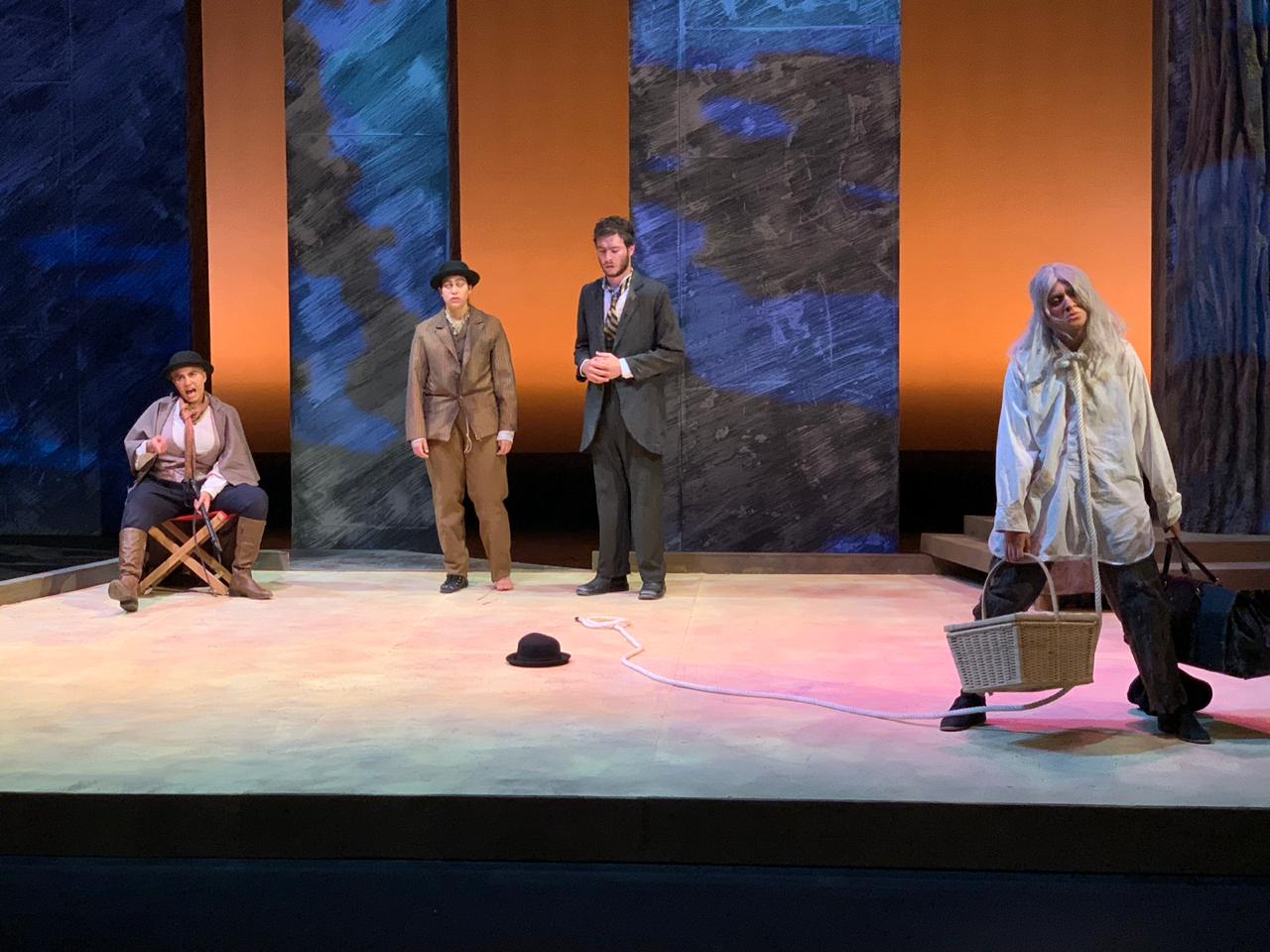SDCR promotes student advisors for conduct cases
The Office of Student Development and Community Relations (SDCR) handles student conduct cases to ensure maintaining the university’s ethical standards.
But while conduct cases help maintain the order of the community and uphold the community to AUC’s values, its process remains a source of anxiety for many students. The term “etkayest,” roughly translated to “received a case,” became a common lingo reflecting the panic students feel over the infamous violation email from the Conduct Office.
However, something many students are unfamiliar with is the fact that they are allowed to bring an advisor with them throughout the conduct case hearing. According to the Code of Student Conduct, the advisor could be any member of the AUC community, so long as they aren’t a witness, attorney, a parent, or anyone with an evident conflict of interest.
Associate Director of SDCR Ahmad Zain told The Caravan that the advisors’ role is to provide “emotional support” for the students throughout the hearing, aiming to alleviate the pressures that might be felt by the reported students.
“Sometimes it is a stressful process, especially if the student doesn’t understand the process. So if you want someone to come with you for emotional support, this is the role of the advisor, you can even bring a friend,” he commented.
Zain also emphasized that the student decides who his advisor is and the SDCR cannot interfere with this selection but should be notified 24 hours in advance. This allows them to familiarize the advisor with their role, which is not to interfere or participate in the hearing, but only to assist the reported student.
“The fact that the student in question has to be the one choosing their advisor minimizes how many people know the details of the incident for confidentiality reasons,” commented Zain.
He added that the SDCR are looking forward to promoting the role of advisors to students by creating a website that will include a list of profiles of current trained advisors. Any student has the right to become an advisor, Zain added.
SDCR has already been offering training on the conduct process and policies through student organizations such as the Office of Student Life and First Year Program.
The Student Union recently launched the Advocacy Hub earlier in March to support students facing conduct cases.
Chairperson of the Representation Committee at the Student Union (SU), Farida Sarhank, told The Caravan that the hub will offer advocacy workshops and presentations to students, as well as connect reported students with trained members who can act as their advisors.
“The entire mission of the hub is to support students through the conduct process and generally teach them to advocate for themselves,” Sarhank said.
Sarhank added that the establishment of this hub has been in the works for four years, and that SU members started their journey by receiving advocacy and impartiality workshops from the university’s General Counsel and Chief Compliance Officer, Sunanda Holmes. They then received more practical training from the Conduct Office where they learned about university policies, case procedures, and possible sanctions.
“Generally, we helped a plethora of conduct cases, but the Advocacy Hub allows us to have a more formalized structure,” she commented.
Sarhank added that she believes that the decision to launch this hub separate from any university office would help make it more sustainable.



